Highlights
- The Trump administration has implemented significant changes affecting scientific research and policy within its first month.
- Key actions include restrictions on communication from federal agencies and proposed budget cuts to scientific programs.
- Scientists express concern over the potential long-term impacts on research and public trust in science.
- The scientific community is mobilizing to advocate for evidence-based policies and transparency.
TLDR
In its initial 30 days, the Trump administration has introduced policies that many scientists fear could undermine research and public confidence in science. These include communication restrictions and proposed funding cuts, prompting the scientific community to advocate for transparency and evidence-based decision-making.
In the first month of President Donald Trump’s second term, the scientific community has been confronted with a series of policy shifts that many fear could undermine the integrity of research and public trust in science. From communication clampdowns to proposed budget cuts, the administration’s approach has prompted widespread concern among researchers and policymakers.
Communication Restrictions and Data Purges
One of the administration’s initial moves was to impose restrictions on federal agencies, limiting their communication with the public and the press. Agencies such as the Environmental Protection Agency (EPA) and the Department of Agriculture were directed to halt external communications, including press releases and social media updates. These directives have raised alarms about transparency and the free flow of scientific information.
In addition to communication barriers, the administration has initiated the removal of data related to climate change, LGBTQ+ issues, and other topics from federal websites. For instance, the Centers for Disease Control and Prevention (CDC) have taken down resources pertaining to LGBTQ+ health and environmental justice metrics. Such actions have sparked concerns about the accessibility of information vital for public health and environmental protection.
Budget Cuts and Funding Freezes
The administration has signaled potential budgetary constraints on scientific programs. Proposed cuts to research funding, particularly in areas related to climate science and environmental protection, have sparked debates about the future of evidence-based policymaking. Researchers worry that reduced funding could stifle innovation and hinder the nation’s ability to address pressing challenges.
The National Science Foundation (NSF) has also been affected, with reports of suspended grant payments and potential layoffs. These financial uncertainties have left researchers in limbo, jeopardizing ongoing projects and future scientific endeavors.
Impact on Environmental and Health Research
Environmental research has been notably impacted by the administration’s policies. The EPA has experienced significant changes, including staff reductions and a shift in focus away from climate change initiatives. These alterations have raised concerns about the agency’s capacity to enforce environmental regulations and protect public health.
Health research is also facing challenges. The National Institutes of Health (NIH) have encountered funding freezes, disrupting critical medical research. The suspension of grant reviews and potential budget cuts have created an atmosphere of uncertainty, affecting studies ranging from cancer research to infectious diseases.
Scientific Community’s Response
In response to these developments, the scientific community is mobilizing to advocate for the importance of science in policy decisions. Grassroots movements and organized efforts are emerging to emphasize the critical role that research plays in societal progress and well-being. Scientists are engaging with the public, policymakers, and the media to highlight the value of evidence-based decision-making.
As the Trump administration continues to outline its priorities, the relationship between science and policy remains a focal point of national discourse. The coming months will be crucial in determining how these policies will shape the future of scientific research and its role in informing public policy.
The scientific community’s vigilance and proactive engagement will be essential in navigating this evolving landscape. Ensuring that science maintains its integral role in policy formulation is paramount for addressing the complex challenges facing society today.
Source: Nature. (2025). Trump’s siege of science: how the first 30 days unfolded and what’s next. Nature.

